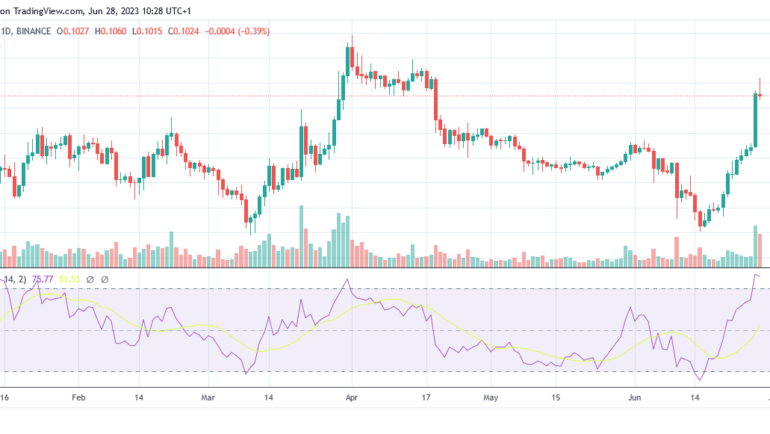
African Countries Embrace Crypto as Catalyst for Economic Growth and Financial Inclusion
In recent years, African countries have witnessed a remarkable surge in the adoption of cryptocurrencies, signaling a transformative shift in the continent’s financial landscape. This trend reflects a growing recognition of the potential benefits that digital currencies can bring to Africa’s economy and its population’s access to financial services.
African nations, long plagued by limited banking infrastructure, high transaction costs, and a significant unbanked population, have found cryptocurrencies to be a promising solution. Blockchain technology, the underlying framework of cryptocurrencies, enables secure, transparent, and low-cost transactions, eliminating the need for traditional intermediaries.
One of the leading countries at the forefront of this crypto revolution is Nigeria. With its vibrant tech ecosystem and youthful population, Nigeria has witnessed a rapid rise in cryptocurrency adoption. The Central Bank of Nigeria recently unveiled a framework for regulating cryptocurrencies, recognizing their potential to enhance cross-border remittances, promote financial inclusion, and attract investment into the country.
Similarly, countries like Kenya, South Africa, and Ghana have seen a surge in crypto-related startups and projects. In Kenya, mobile-based cryptocurrencies have gained traction, empowering individuals to make digital transactions easily through their smartphones. South Africa, with its well-established financial sector, has embraced cryptocurrencies as an investment opportunity and has witnessed a growing number of exchanges and crypto investment platforms. Ghana has also taken steps to explore blockchain technology in areas such as land registry and supply chain management, aiming to enhance transparency and reduce corruption.
The adoption of cryptocurrencies in Africa has the potential to bring substantial economic benefits. By reducing remittance costs, cryptocurrencies can facilitate cross-border transactions, enabling African diaspora communities to send money home more affordably. Furthermore, small and medium-sized enterprises (SMEs) can leverage cryptocurrencies to access international markets, expanding their reach and stimulating economic growth.
However, it is crucial for African countries to strike a balance between embracing cryptocurrencies and implementing necessary regulations to mitigate potential risks, such as money laundering and fraud. Regulatory bodies across the continent are actively working on establishing frameworks that encourage innovation while safeguarding investor interests and consumer protection.
As Africa paves its path in the crypto space, collaborations with international organizations and tech companies can further accelerate the continent’s progress. Partnerships aimed at developing blockchain infrastructure, promoting digital literacy, and fostering innovation will be vital in unlocking the full potential of cryptocurrencies for Africa’s development.
The rapid adoption of cryptocurrencies in Africa represents a significant milestone in the continent’s economic journey. By harnessing the power of blockchain technology, African countries are poised to drive financial inclusion, spur economic growth, and position themselves as leaders in the global digital economy.


